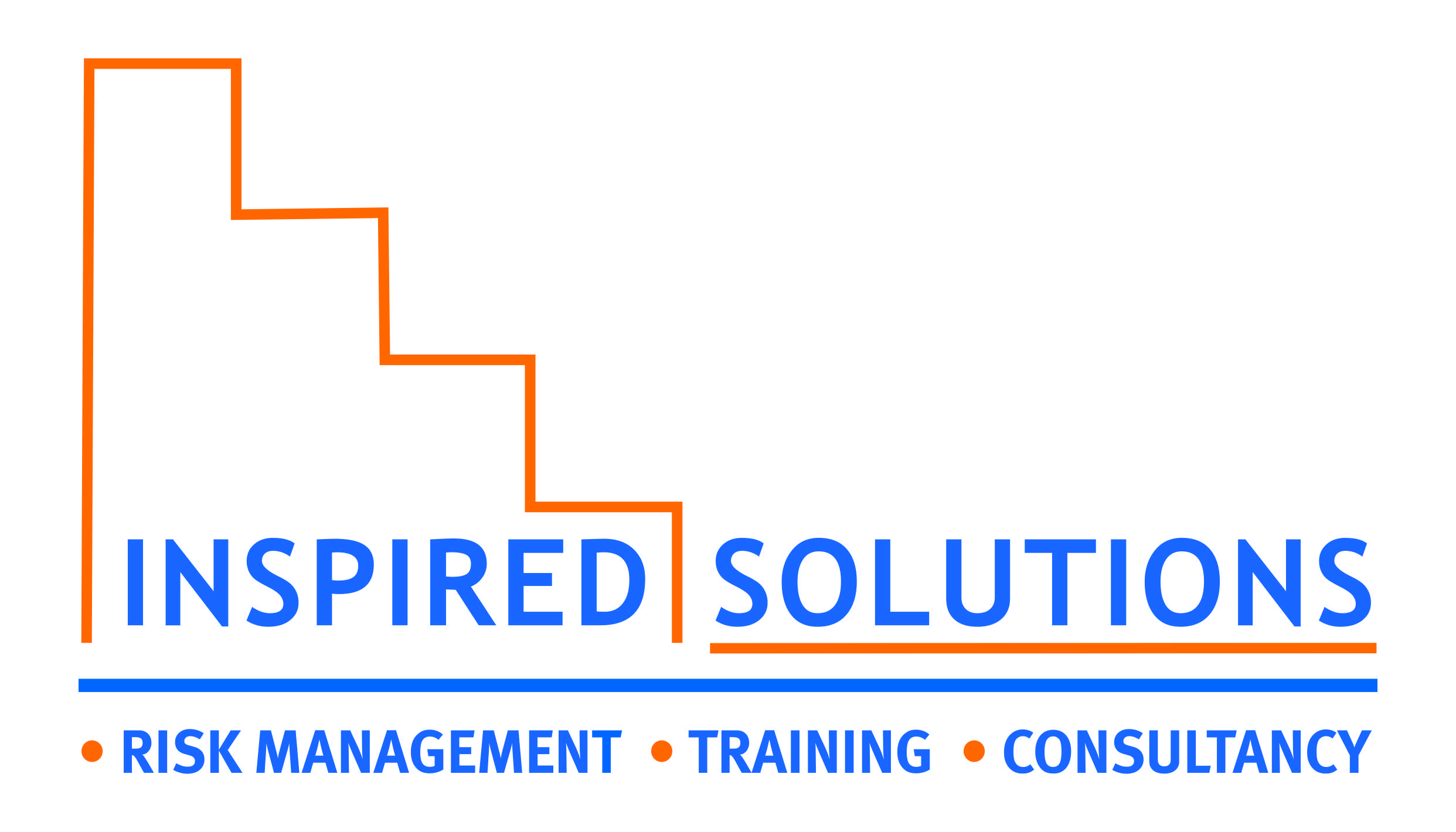Sprinklers – A burden or a Savior?

While industrial and commercial premises fires are an unlikely eventuality, we explore the trade-offs of installing sprinkler systems and their effect on business continuity.
In the early stage of an incident, fires are often extinguished by a company’s own staff. When nevertheless a first attempt fails and evacuation of the facility becomes a priority, fire extinguishing is left for the fire brigade when no other means of fire suppression is installed or available. Even though the probability of such an event is low, a developed fire could destroy an entire facility and interrupt the business for an existential period of time. Fires can also originate during the night when no staff are present and the success of fire extinguishing is dependent on early sensor detection and effective intervention by the fire brigade. With modern building complexes and the application of steel supporting structures, fire brigade members are becoming less and less eager to enter a building for an inside attack on the fire.
To counter this, automatic fire suppression, for example sprinkler protection, is often the only and usually the best option to prevent a fire that results in a total loss and to assure the best possible business continuity. Automatic sprinkler protection is expensive, especially when it has to be retroactively installed in an existing building. When installed pre-emptively during the initial construction of a facility the additional costs are comparable with the cost of installing the floor covering.
The design of the sprinkler protection for a facility is the work for a specialist and should be reviewed periodically. In addition, maintenance of the sprinkler system is a cost to be budgeted but not different from the annual mandatory maintenance for a lift installation. The overall investment and running costs of automatic sprinkler protection cannot be paid back from reduction of insurance premium. It could nevertheless be a necessity to be able to get insurance coverage to start with. Business interruption and contingent business interruption coverage are becoming an increasing focus for underwriters, along with supply chain risk management. For business operations with low redundancy or a long recovery period, the insurance company now commonly require automatic protection in order to be able to provide insurance coverage for property damage and business interruption.
All in all, sprinkler protection should not be seen as a burden but a business savior, assuring insurability, relatively stable insurance premiums but most of all business continuity. Company owners and risk managers should think of sprinkler protection as a unique selling point for stakeholders of the business to guarantee critical earnings stability and resilience of the value chain.
